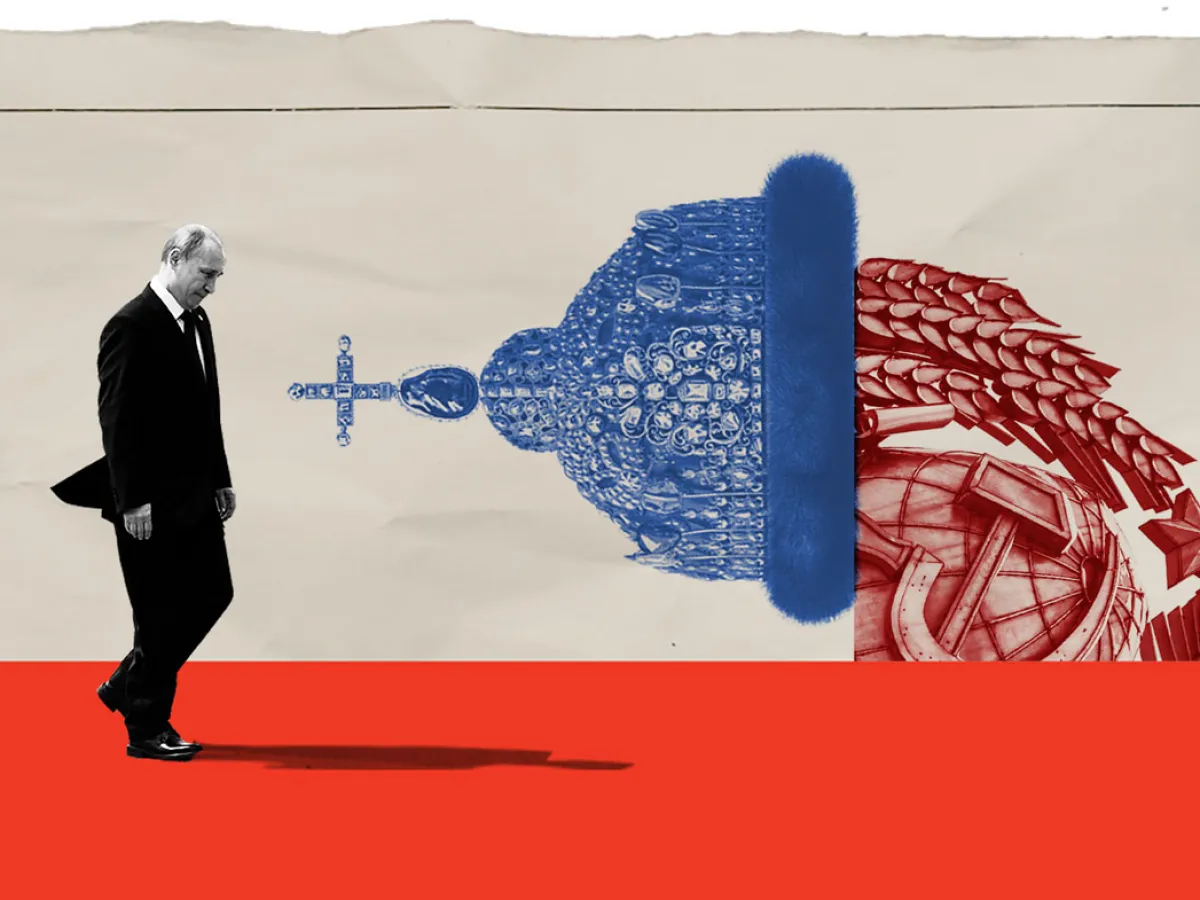Russian foreign policy is a complex interplay of historical, cultural, and geopolitical factors. Over the past few decades, it has evolved significantly, shaped by the collapse of the Soviet Union, the rise of Vladimir Putin, and the changing global landscape.
Key Pillars of Russian Foreign Policy
- Sovereignty and Security:
- Buffer Zone: Russia seeks to maintain a buffer zone of friendly states around its borders to enhance its security. This includes countries like Belarus, Ukraine, and Central Asian states.
- Military Strength: Russia invests heavily in its military to project power and influence globally. This includes modernizing its nuclear arsenal and developing advanced conventional weapons.
- Energy Diplomacy: Russia leverages its vast energy resources, particularly natural gas, to exert influence over European countries. This allows Russia to shape energy markets and geopolitical dynamics.
- Great Power Status:
- Global Influence: Russia aims to be recognized as a global power with a significant role in international affairs. It seeks to challenge the dominance of the United States and promote a multipolar world order.
- Economic Power: Russia strives to diversify its economy and reduce its dependence on energy exports. It also seeks to strengthen economic ties with other countries, particularly in Asia, through initiatives like the Eurasian Economic Union.
- Cultural and Historical Legacy:
- Orthodox Christianity: Russia views itself as the protector of Orthodox Christianity and often references its historical and cultural ties to other Orthodox nations.
- Soviet Nostalgia: There is a strong nostalgia for the Soviet era, particularly among older generations. This nostalgia can influence foreign policy decisions and shape public opinion.
Recent Trends in Russian Foreign Policy
- Assertive Foreign Policy: Russia has adopted a more assertive foreign policy under Vladimir Putin. This includes military interventions in Ukraine, Syria, and other countries.
- Anti-Western Sentiment: Russia has increasingly adopted an anti-Western stance, accusing the West of seeking to undermine Russian interests. This has led to deteriorating relations with the United States and the European Union.
- Pivot to Asia: Russia has sought to strengthen its ties with Asian countries, particularly China, to counterbalance Western influence. This pivot is driven by economic interests, geopolitical considerations, and a shared desire to challenge the US-led global order.
- Cyber Warfare: Russia has become a major player in cyber warfare, using cyberattacks to target critical infrastructure, government agencies, and businesses. This has raised concerns about the potential for cyberattacks to destabilize nations and disrupt critical services.
Challenges and Opportunities
Russia faces a number of challenges, including economic stagnation, demographic decline, and international isolation. However, it also has significant opportunities, such as its vast natural resources, skilled workforce, and strategic geographic location.
To navigate these challenges and capitalize on opportunities, Russia will need to adopt a more nuanced and pragmatic foreign policy approach. It will also need to address domestic issues, such as corruption and inequality, to ensure long-term stability and prosperity. Additionally, Russia must carefully balance its foreign policy goals with its domestic needs, avoiding excessive military spending and foreign interventions that could strain its economy and social fabric.

Leave a Reply